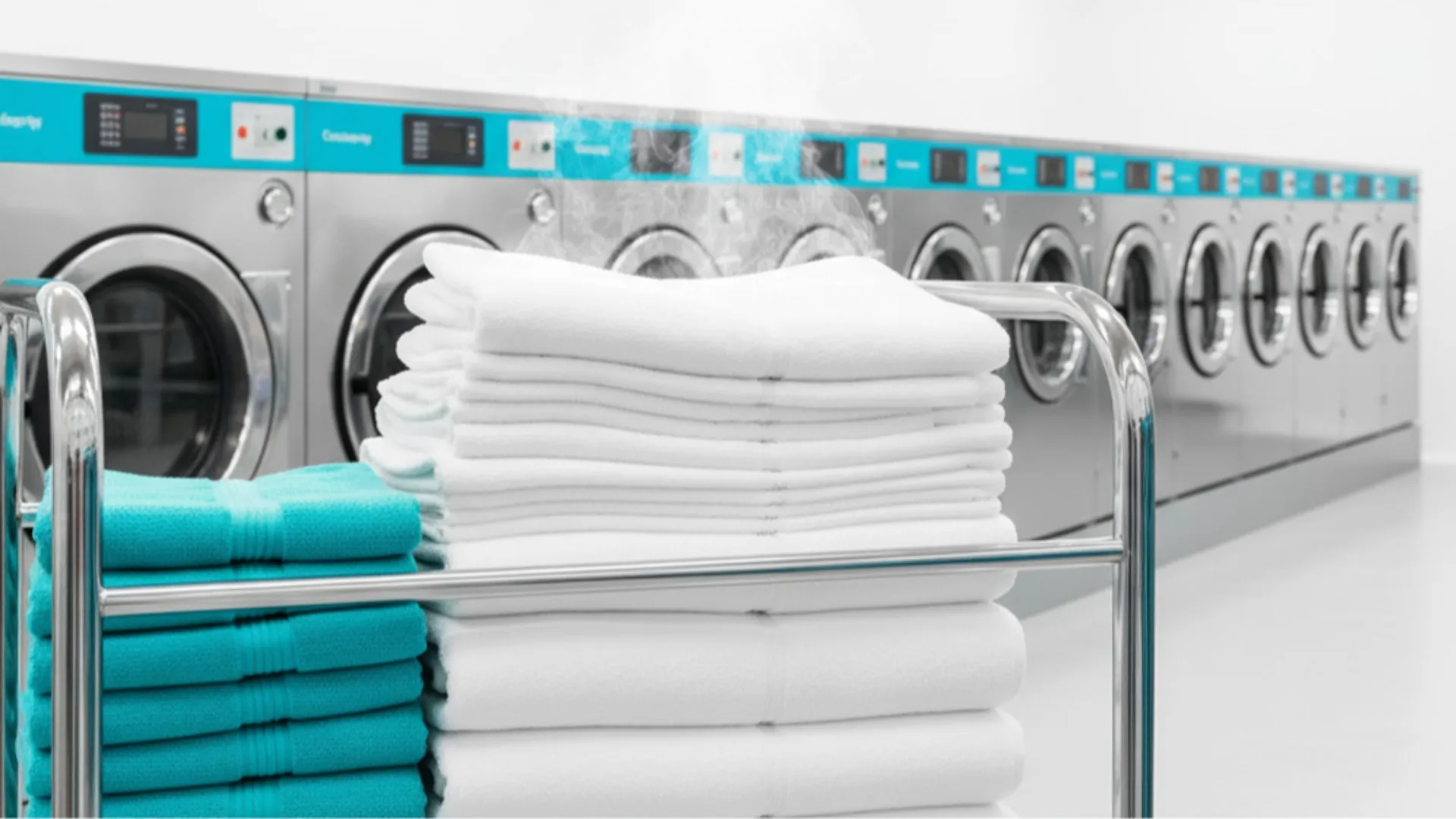The Importance of the RABC Standard in Hotel Textile Hygiene Processes
The RABC standard defines a comprehensive control framework for hotel laundry operations and textile maintenance, directly linked to hygiene standards. It focuses on minimizing contamination risks, identifying control points, and ensuring traceability. Key elements include resource separation, flow management, chemical and temperature regulation, batch traceability, and staff training. Proper segregation of dirty, clean, and sterile zones is critical. Flow management ensures consistency in classification, waste handling, and disinfection protocols. Chemical and temperature controls must align with validated recipes and equipment calibration. Traceability systems with barcode or RFID labeling secure batch monitoring and test documentation. Ongoing staff training covers hygiene, PPE use, and emergency response protocols.
The effectiveness of RABC implementation depends on its integration into operational procedures. When linen and towel cleaning are structured within a batch washing system, efficiency improves, errors decrease, and costs stabilize. Contracts between corporate cleaning providers and professional laundries should explicitly define RABC compliance, responsibilities, performance metrics, and audit frequencies. Integrating fabric protection technologies with high-capacity equipment enhances both efficiency and textile lifespan. Management should oversee compliance through regular inspections and performance assessments, ensuring consistent hygiene and quality outcomes.
Professional Methods Used in Hotel Laundry Operations
For hotel textile hygiene practices to be effective, laundry operations must be documented, standardized, and monitored. The process begins with accurate classification, separating contaminated textiles and applying suitable pre-treatments. Next, the correct chemical formulas and temperature-time settings must be defined to balance cleaning power with fabric preservation. Periodic validation using microbiological and quantitative testing ensures quality verification. Staff competency tracking and regular training on hygiene, chemical safety, and PPE use are essential.
Contracts with professional laundry partners should clearly define responsibilities and measurable performance indicators. Batch traceability through barcodes or labels enables monitoring at every stage. In batch washing systems, strict separation of clean and dirty lines, along with in-process checkpoints, ensures compliance. Integrating fabric protection technologies reduces costs and increases product longevity. Coordination with corporate cleaning services ensures measurable KPIs such as delivery success rate, test results, downtime, and training hours. These measures make hotel textile hygiene reliable, traceable, and continuously improvable.
Corporate Hygiene Management with Hotel Laundry Services
Corporate hygiene management in hotel laundry services requires integrated planning, contract oversight, and operational controls. Quality criteria and hygiene benchmarks must be explicitly included in service agreements. KPIs such as washing efficiency, delivery punctuality, sample analysis results, and complaint ratios should be regularly tracked. Procedures should define product-specific washing conditions, batch management, chemical usage, and fabric protection compliance.
Operational assurance goes beyond using high-capacity machines — it includes maintenance, calibration, and program management. A coordinated quality plan must include field inspections, sampling, and microbiological testing. Digital tracking systems enhance visibility of batch progress and audit findings. Additional tools such as supplier audit forms, corrective action logs, and scheduled training sustain improvement. Service transparency and traceable reporting support long-term hygiene and reliability.
Fabric Protection Technologies in Professional Hotel Laundry Systems
Professional hotel laundry systems balance hygiene, efficiency, and cost through structured protocols. Compliance with hygiene standards requires control of particulates, dosing, and temperature. Industrial laundry workflows should adapt to scale and quality requirements, supported by automation and data systems. Recommended practices include risk analysis, defining critical control points, rotation planning for linen, and quantitative post-wash inspections. Regular staff training reinforces hygiene compliance.
Integration with professional cleaning services ensures documented processes and measurable performance. Fabric protection technologies extend textile life, reduce replacement frequency, and improve sustainability. Optimized processes increase machine efficiency, manage chemicals, and enhance filtration systems. Strategic supplier selection and effective contracts sustain service quality and operational continuity. Aligning workflows with hygiene standards supports continuous monitoring and improvement.
Maintaining Hotel Hygiene Standards in Industrial Laundry Processes
Maintaining hotel hygiene standards in industrial laundry requires a cyclical management model—plan, implement, monitor, and improve. The process starts with clear scope and classification for linen, towels, and specialty fabrics. Standardized washing parameters and documentation ensure consistency. Batch-level traceability through barcoding or RFID allows complete process tracking. Performance metrics—sampling, uptime, return rates, and training hours—must be reviewed regularly. Partnerships with professional laundries and verified certifications reinforce compliance and reliability. Combined with proper fabric protection and staff hygiene, these systems sustain long-term quality and safety across hotel operations.



